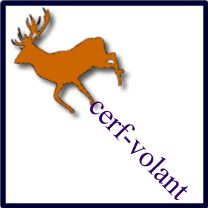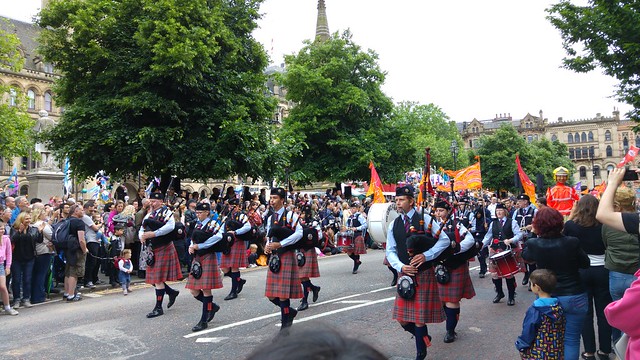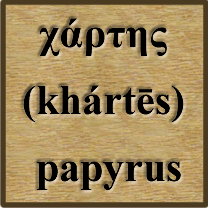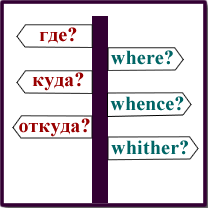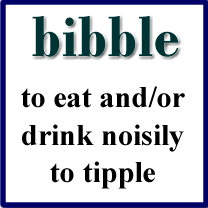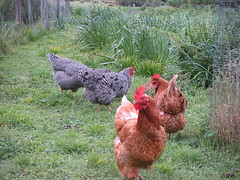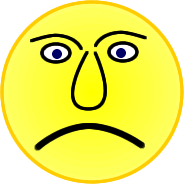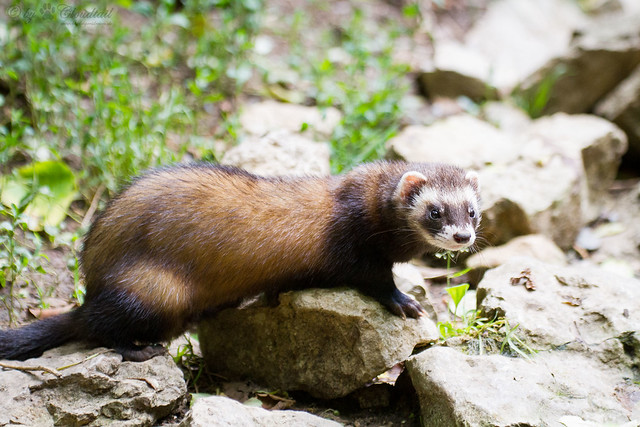Last night I went to a session of Playford dancing. Bangor University Folk Society run a workshop for Playford dancing once a month, and some of those involved persuaded me to give it a try. It’s the kind of dancing you might see in dramas set in 17th or 18th century England.
Here’s an example of one of the dances we did last night (we weren’t wearing costumes like this though):
Apparently back in the 1600s middle class people in England were getting tired of difficult, formal dances, and started dancing the simpler dances of country folk as light relief. Dancing experts took the country dances and made them a bit more complex. The new dances proved very popular, and in 1651 a collection of them was pubished by John Playford in a book called ‘The English Dancing Master’. Several more editions and similar books were published after that.
In the early 20th century there was a revival of interest in folk music and dance, Playford’s book provided the earliest known descriptions of English country dances, and this style of dancing became known as ‘Playford dancing’ [source].
One of the moves we danced last night is called a hey or hay, a kind of figure of 8 weave. I wasn’t sure how to spell it, or where it came from, so I thought I’d find out.
A hey is “a choreographic figure in which three or more dancers weave between one another, passing by left and right shoulder alternately”. It comes from the French haie (hedge), and refers to the weaving patterns used in hedgelaying [source].
Haie comes from the Medieval Latin haga, from the Frankish *hagja, from Proto-Germanic *hagjō (hedge) [source], from the Proto-Indo-European *kagʰyóm (enclosure), which is also the root of the English words hedge and hawthorn [source].
Anyway, I really enjoyed the dancing and will probably be going along next month.
